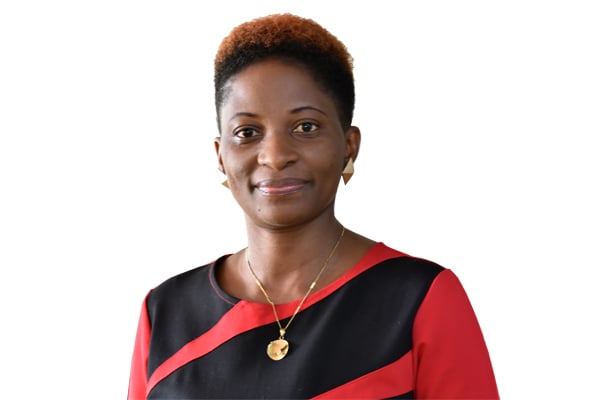Kampala was a little sleepy even before Covid

Author: Angella Nampewo. PHOTO/FILE
What you need to know:
- Not all of us want to shut down when the shops close, and yet lights out in Kampala was always dictated by the exit of its occupants, many of whom are not necessarily residents.
As we count down towards the planned and promised reopening of Uganda’s night economy, much of which has been locked down since March 2020, we are watching with bated breath to see whether in this coming week, Monday will become the new Friday.
In his address on New Year’s Eve, President Museveni announced a conditional reopening for bars, nightclubs and other night spots as well as a removal of the night curfew, all of which had been imposed following the outbreak of Covid-19 in the country, close to two years ago.
The head of State stipulated that the nightlife would only reopen two weeks after schools reopened on January 10. We have been counting down the days.
Kampala has remained largely sleepy through most of this period of thumb twiddling, which got me thinking about how things used to be before Covid-19, which brought me to the conclusion that the slumbering giant of our capital city, which we expect to rouse next week, has always been mostly sleepy.
With the exception of fresh produce markets, isolated bars and spots in the central business district, Kampala has always frustrated me a little in regard to the hours the city shuts down.
There are things I always wanted but could never get enough of in Kampala City and these include; evening shopping, after hours’ spa time, sidewalk cafes and sometimes just being able to take a leisurely walk on well-lit streets when the city has cooled down from the heat of the day.
On a good day, few linger to enjoy Kampala City, most of us are in a race to escape the centre and head to our bufundas in the suburbs and countryside.
That is the one big quarrel I always had with this city of my birth. Not all of us want to shut down when the shops close, and yet lights out in Kampala was always dictated by the exit of its occupants, many of whom are not necessarily residents.
Kampala’s day population in 2021 was estimated at 4.5 million. The city’s estimated night population is just about a third of that.
Surprisingly, most of the things that eluded me in Kampala, I found in another city on the other side of the River Nile. While many people seemed to exit Jinja to return home to the suburbs, many of the places that matter in the nightlife of a city remain open.
Unless things change with the new city status, you were always guaranteed peaceful stroll on the streets, a coffee shop, a movie night, open supermarkets, even clothes shops and certainly ‘rolex’ and chicken stands and beauty shops.
As we wait for the sleeping Kampala to rise, I am hoping we can reimagine our nightlife to sparkle more than it did two years ago.
Ms Nampewo is a writer, editor and communications consultant




